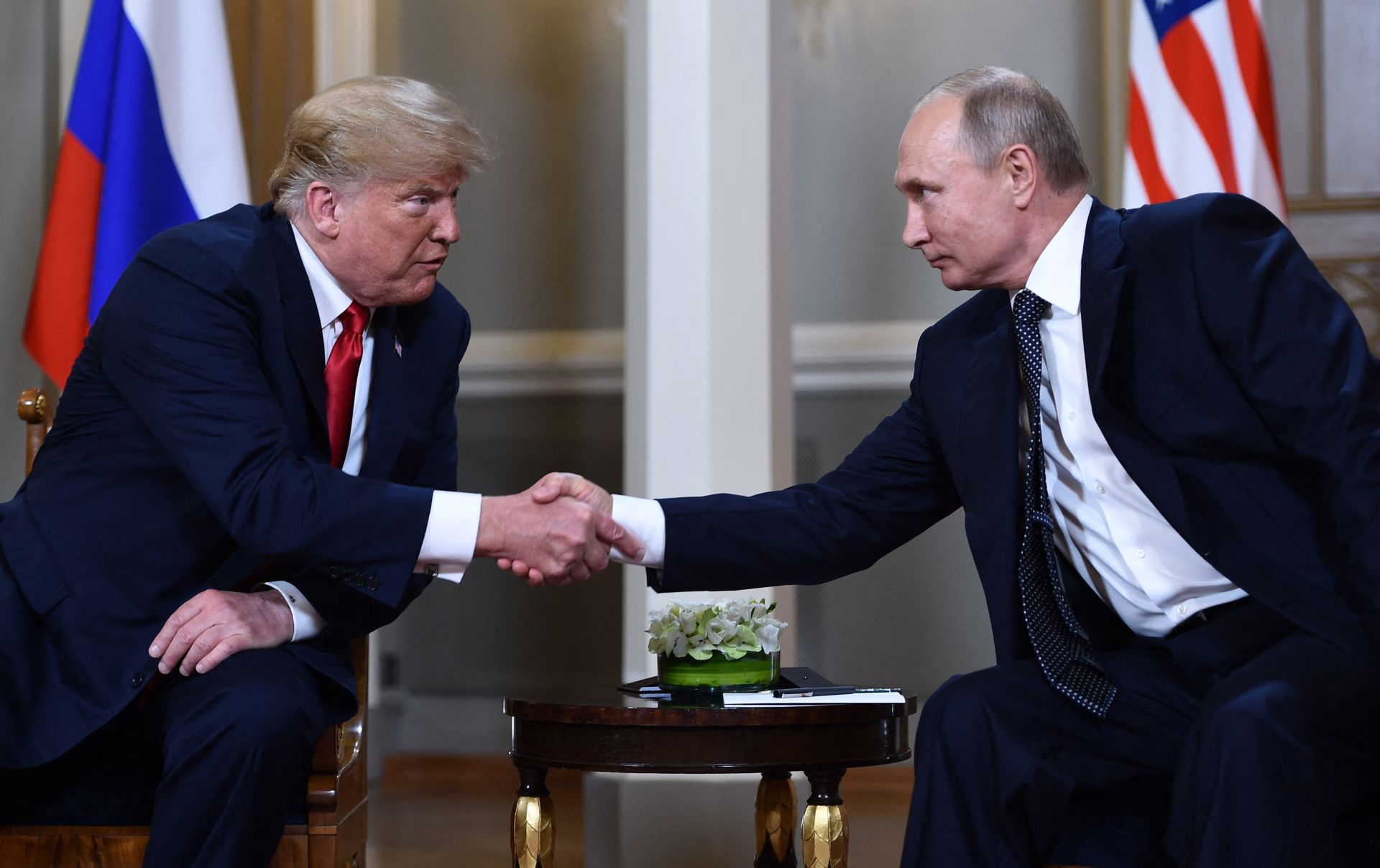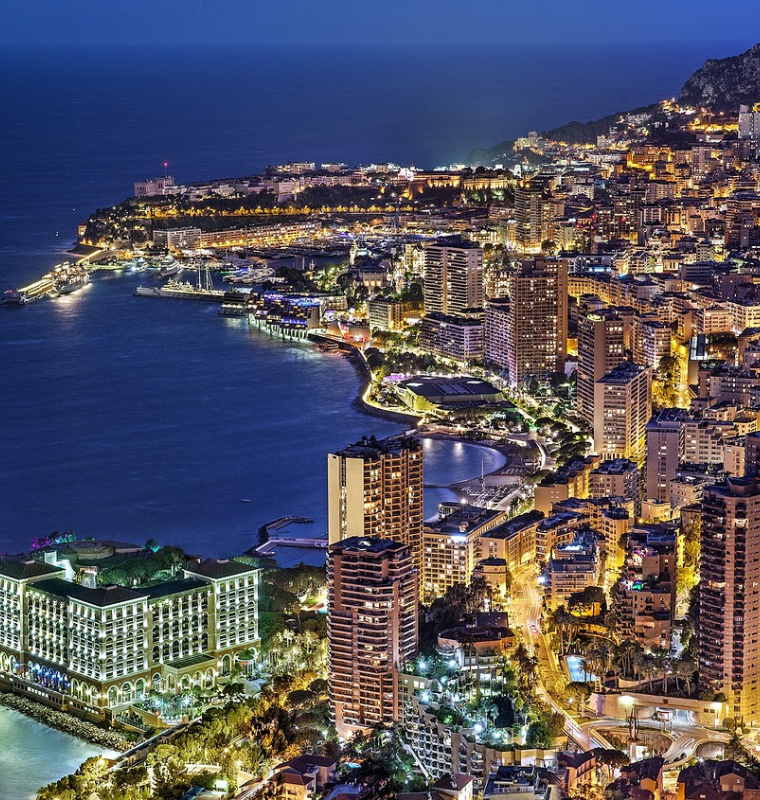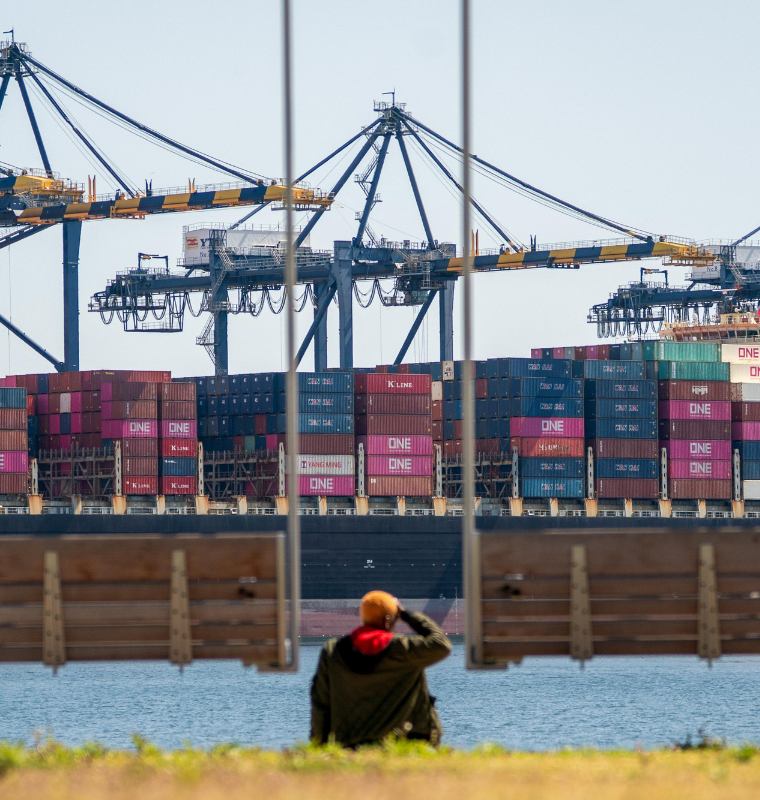Trump and Putin to Hold Peace Talks in Hungary Amid Intensifying War in Ukraine
Trump and Putin to Hold Peace Talks in Hungary Amid Intensifying War in Ukraine
By
David Goldfarb
Last updated:
October 17, 2025
First Published:
October 17, 2025

Photo: This is Beirut
Former U.S. President Donald Trump announced Thursday that he and Russian President Vladimir Putin have agreed to meet in Budapest, Hungary, to discuss possible solutions for ending the war in Ukraine — marking what could become one of the most significant diplomatic efforts since the invasion began in February 2022.
Trump said the agreement came after a “lengthy and productive” phone call with Putin, during which the two leaders discussed the ongoing war, energy stability, and European security concerns. The meeting, expected to take place in the coming weeks, would represent the first face-to-face encounter between Trump and Putin since Trump left office.
According to Trump, the talks will focus on establishing a framework for “a lasting peace agreement” that protects Ukraine’s sovereignty while addressing Russia’s security demands — a topic that has stymied diplomats for years.
High-Level Preparations Underway
Trump added that Secretary of State Marco Rubio and a team of senior U.S. officials will meet with their Russian counterparts next week to set the stage for the summit. These preparatory discussions are expected to outline potential ceasefire mechanisms, prisoner exchanges, and humanitarian corridors across eastern Ukraine.
“The groundwork for this meeting is critical,” Trump wrote in a post on Truth Social following the call. “I believe great progress was made today, and I look forward to continuing these discussions in person.”
Sources familiar with the talks said that the Hungarian capital, Budapest, was chosen for its neutral stance and history of facilitating East-West diplomatic exchanges. Hungary, led by Prime Minister Viktor Orbán, has maintained close ties with both Moscow and Washington, often positioning itself as a mediator within the European Union.
Kyiv Seeks Assurances from Washington
The announcement came just a day before Ukrainian President Volodymyr Zelenskyy is set to meet Trump at the White House to request additional U.S. military and economic support. Kyiv’s forces remain heavily engaged in the east and south, where Russian troops have maintained steady advances despite heavy losses.
In his social media statement, Trump said, “President Zelenskyy and I will be meeting tomorrow in the Oval Office, where we will discuss my conversation with President Putin, and much more.” He emphasized that “peace through strength” remains his administration’s guiding principle, hinting at a mix of diplomacy and deterrence.
Trump has previously said that if reelected, he could “end the war in 24 hours,” claiming he would leverage economic pressure and direct talks to force a ceasefire. Earlier this week, he also suggested that he is considering sending Tomahawk missiles to Ukraine to “increase leverage at the negotiation table,” though the plan remains under review.
Strategic and Political Implications
The announcement of the upcoming Trump-Putin summit has sent ripples through Washington and European capitals. Analysts note that while a diplomatic solution is urgently needed, direct talks between Trump and Putin without NATO participation could complicate existing alliances.
European leaders have expressed cautious optimism. Hungarian officials confirmed that Budapest is ready to host the meeting and provide “a safe and neutral environment for constructive dialogue.”
Defense analysts, however, warn that Putin could use the talks to push for sanctions relief or recognition of occupied territories — demands that Kyiv firmly rejects. “Any negotiation must be based on restoring Ukraine’s borders,” said one European diplomat.
The Path Ahead
As the war nears its third anniversary, civilian casualties in Ukraine have surpassed 30,000, with millions displaced and infrastructure damage estimated at over $500 billion, according to U.N. data. The international community has been urging renewed peace talks as both sides face economic and political strain.
For Trump, the Budapest meeting represents both a diplomatic challenge and an opportunity to reassert his global influence. For Putin, it offers a rare chance to engage directly with Washington at a time when Russia faces deepening isolation.
Whether the meeting will mark the start of genuine progress or simply another round of rhetoric remains to be seen — but with the world watching, the stakes for peace have rarely been higher.
Popular articles
Subscribe to unlock premium content
Merch, Meals, and Memories

Innovating One Feature at a Time

Zero Taxes, Maximum Attraction – Why Monaco is the ultimate playground for the wealthy.

Merch, Meals, and Memories

Innovating One Feature at a Time

Merch, Meals, and Memories







.png)

